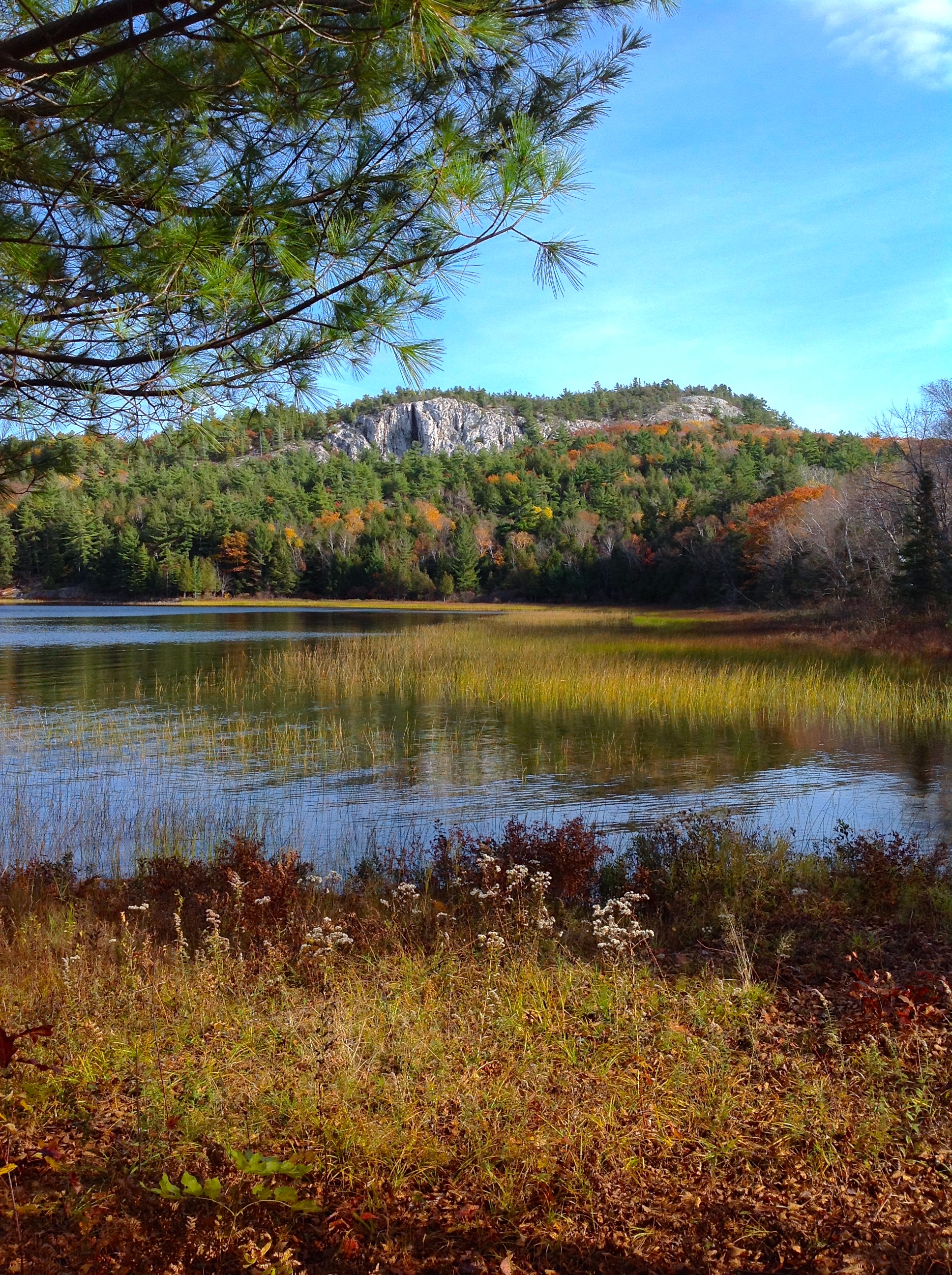
Sagamok First Nation
I recently attended the 2016 Prospectors & Developers Association of Canada (PDAC) Convention - the world’s leading mineral exploration convention. This was my first time attending as a law student, after participating in the convention as an employee of a corporation in the extractive industry – an industry in which I have worked for over a decade.
Employed by some of the largest extractive companies in the world, both in mining and oil and gas, I have had the opportunity to work across the globe in community relations, social risk and sustainability. This includes a stint at the United Nations Global Compact Office as well as running my own consulting firm Civitas 360°. I have engaged with communities from the picturesque Tanzania-Burundi border, to the forested hills of the Dominican Republic, to the far-reaching tribes in the Amazonian jungles of Peru.
Having attended the PDAC Convention in the past, I have always been a proud representative of the companies I have worked for. I believed in the strategic approach taken working with communities to ensure adherence to international best practices, domestic law and responsible corporate policy. This year, however, was different.
After having spent my second year of law school participating in the Environmental Justice and Sustainability Clinic at Osgoode Hall including a clinical placement with Sagamok First Nation, my attention was drawn specifically to PDAC’s clear lack of focus on consultation and accommodation with Canada’s Indigenous Peoples. As part of my participation in the clinic I am developing public legal education materials for Indigenous communities and other interested stakeholders regarding opportunities for consultation and engagement in mineral resource development.
The duty to consult and, if appropriate, accommodate, was affirmed by the Supreme Court of Canada (SCC) in landmark decisions such as Haida Nation, Taku River Tlingit First Nation, and Mikisew Cree First Nation. In these cases, the SCC established the duty to consult with Indigenous Peoples on decisions that may impact land and resources subject to Indigenous claims. This process is intended to recognize and affirm the rights of the Indigenous Peoples of Canada contained in Section 35 of the Constitution Act of Canada, as well as reconcile those rights with the interests of other stakeholders within the broader social, political and economic community.
I was surprised to learn that responsibility for consultation and accommodation ultimately rests with the Crown, not with companies. That is to say, although the Crown may delegate certain procedural aspects of the duty to consult, it cannot delegate to private parties ultimate responsibility for carrying out this duty. Meaning, private parties have no real legal obligation to consult per se. However, private parties do bear significant commercial risk if it is deemed that the Crown failed to adequately consult with the participating Indigenous group(s).
Accordingly, extractive industry employees and stakeholders, including Indigenous communities, should become fully versed in the mechanics of consultation and accommodation, including timing sensitivities, key procedural steps and threshold issues. Further familiarization with rights and opportunities throughout the extractive life cycle can only help to build more robust relations, prosperous projects and sustainable business operations.
Although the PDAC Convention featured several interesting speakers opining on varying topics related to Indigenous law and sustainability in practice, the duty to consult was conspicuously absent as a stand-alone focus. The lack of focus on educating participants on a topic as crucial as the duty to consult was disappointing – as this topic is developing annually, with significant regulatory and economic implications ahead.
With key industry projects coming down the pike (Transcanada’s Energy East Pipeline, British Columbia’s Red Chris Mine, Enbridge’s Northern Gateway Pipeline and numerous Ontario-based mining projects), there is no shortage of Indigenous groups and company employees in need of accessible and up-to-date information regarding the rights and opportunities for communities impacted by industry activity. After all, it is my sincere, albeit possibly naïve belief that we all want to get this ‘right’ in Canada.
Despite the significant downturn in global commodity prices, Canada remains a leading resource-based economy. With over 375,000 Canadians employed in the sector, mining is the largest private sector employer of Indigenous peoples in Canada. Overall, the industry contributed $57 billion to Canada’s 2014 Gross Domestic Product. And what about oil and gas? In 2014, $17 billion in taxes and royalties were paid to provincial and federal governments, with the sector supporting more than 500,000 jobs across the country.
To be a global economic leader in this sector, Canada must also be a world leader in Indigenous and community relations.
In April 2016, the Government of Canada will be taking over as Chair of the Voluntary Principles on Security and Human Rights - the only human rights guidelines designed specifically for extractive sector companies. This appears to be a step forward for our country’s extractive players, led by the government, to lead in this area – starting with a robust approach to the duty to consult.
The social, legal and business environment for extractive industry stakeholder relations is changing rapidly. We must move towards providing more accessible information to stakeholders pertaining to Indigenous community rights and opportunities within the extractive industry life cycle.
I hope industry participants recognize the need to educate broadly with respect to the duty to consult. Perhaps PDAC can offer a clear and informative speaker series to showcase an integrative and holistic approach that includes participation from government, industry and Indigenous communities.

